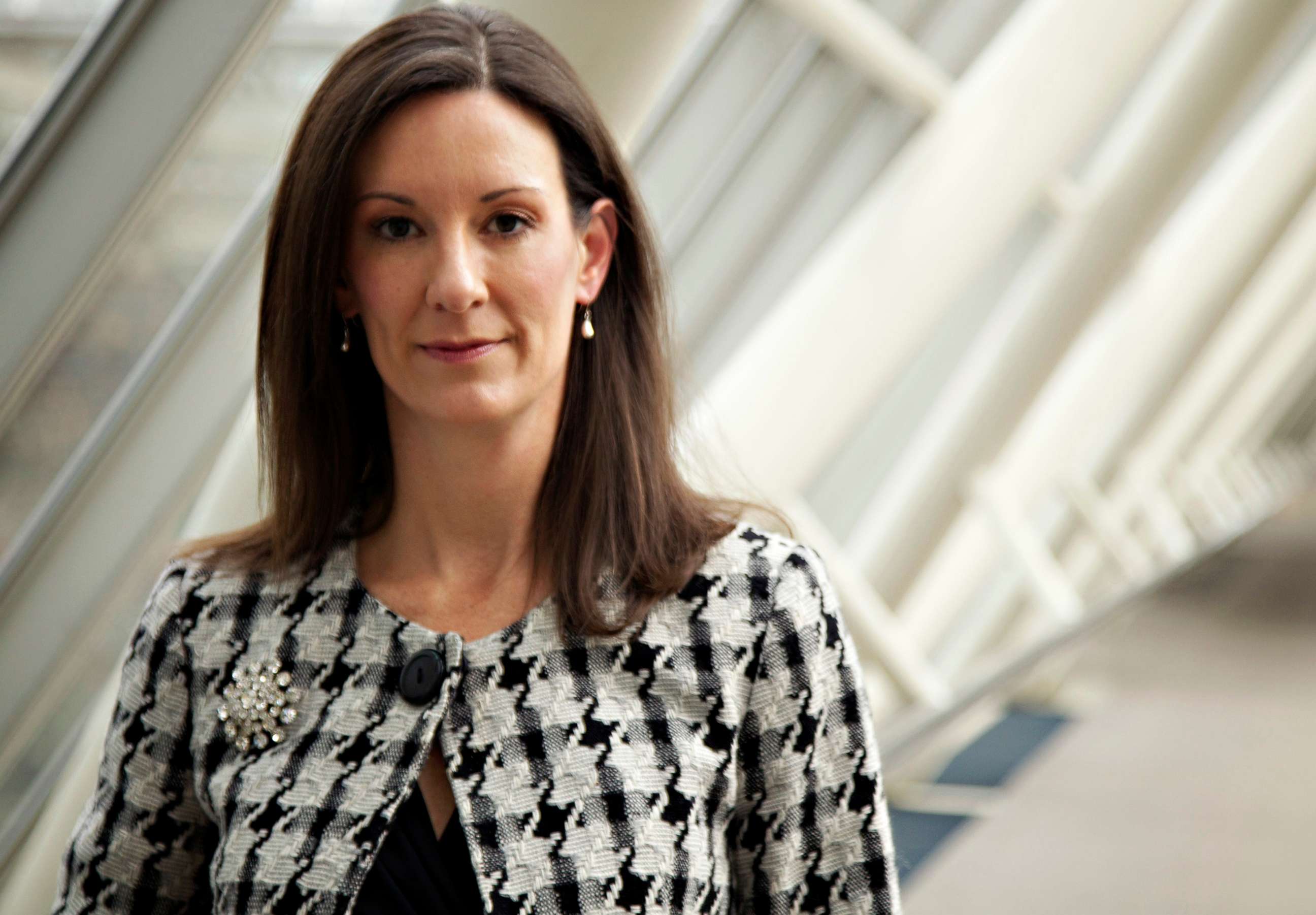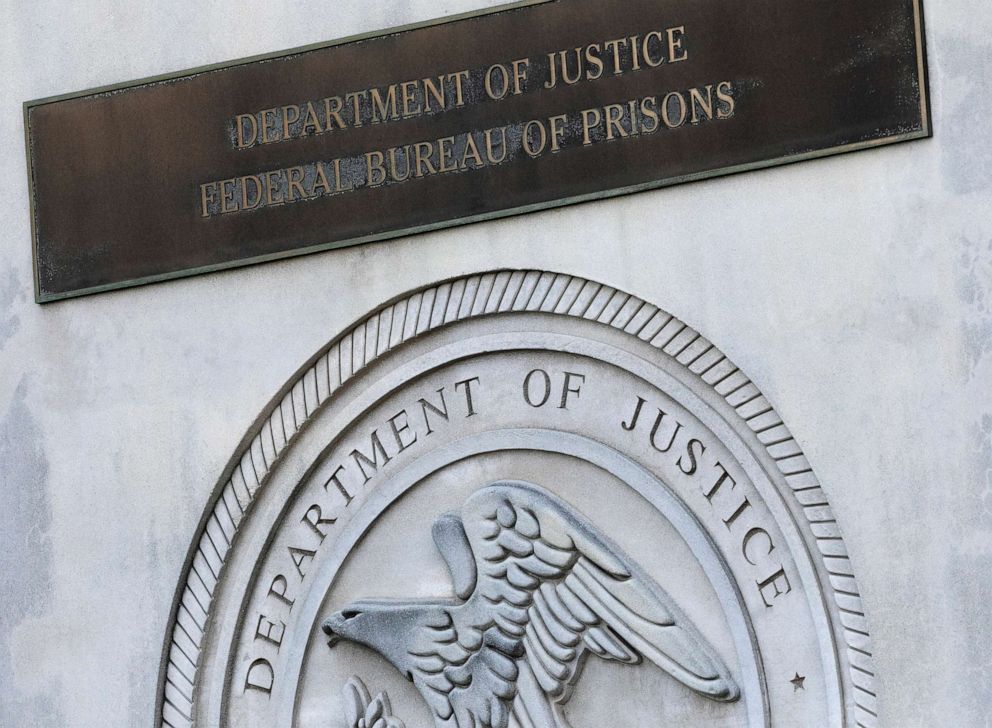Justice Department taps Oregon Corrections head as new Bureau of Prisons director
The agency has had some controversies in the past few years.
The Justice Department has tapped Colette Peters, who serves as the director of the Oregon Department of Corrections, to lead the federal Bureau of Prisons, according to a statement released by Attorney General Merrick Garland.
Peters has been in her current role since 2012 and is expected to take the helm of an agency marred in controversy and mismanagement. It is unclear when Peters will start, as staff was notified Tuesday morning of Peters' appointment, according to a source familiar with the situation.
The attorney general lauded Peters for her 30 years of public safety service in a statement released Tuesday.
"Director Peters is uniquely qualified to lead BOP in its efforts to ensure the rehabilitation, health, and safety of incarcerated individuals, a safe and secure work environment for correctional staff, and transparency and accountability across federal detention facilities," the attorney general said.

The Bureau of Prisons is the largest agency inside the Justice Department with responsibility of 122 facilities and over 36,000 employees. Despite congressional attempts to do so, the BOP director is not a Senate-confirmed position, and the current director, Michael Carvajal, has said he will retire once a new director is in place.
In a statement to ABC News, Peters said she was "humbled and honored" to join the Bureau of Prisons.
"The challenges we face in the field of corrections have always been complex and difficult," Peters said. "But I know from my experience in Oregon that if we remain focused on the vision of a safe and secure environment for our staff, safe and humane conditions for the individuals in our custody, and appropriate rehabilitation and re-entry programming, that we can successfully meet them. I look forward to getting to know the team, learning from them, and supporting the organization.”
Shane Fausey, president of the Council of Prison Locals, the union that represents 33,000 federal corrections workers, said he was looking forward to collaborating with the new director.
"We are optimistic that we can collaboratively focus on our agency's most difficult challenges by staffing our prisons safely while balancing responsible prison reforms like the First Step Act," Fausey said in a statement Tuesday. "We believe that the lessons learned while leading the Oregon Department of Corrections can be used to effectively improve the BOP. It is imperative that the priority on any decisions made must be officer and employee safety, including their working conditions within our nation's federal prisons."

The Bureau of Prisons has been at the center of some controversy with high-profile inmates and scrutiny over its handling of the COVID-19 pandemic.
In 2018, notorious crime boss James "Whitey" Bulger was killed at a federal prison in Hazelton, West Virginia, and a year later, convicted sex offender Jeffrey Epstein died by suicide in Manhattan while awaiting trial. BOP has not released any official timeline or after-action report regarding the two incidents.
The sprawling agency was also chided by the union and a government watchdog for its early handling of the COVID-19 pandemic, which the Government Accountability Office found insufficient.




